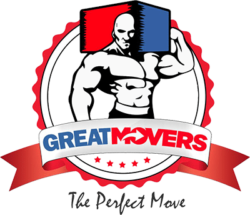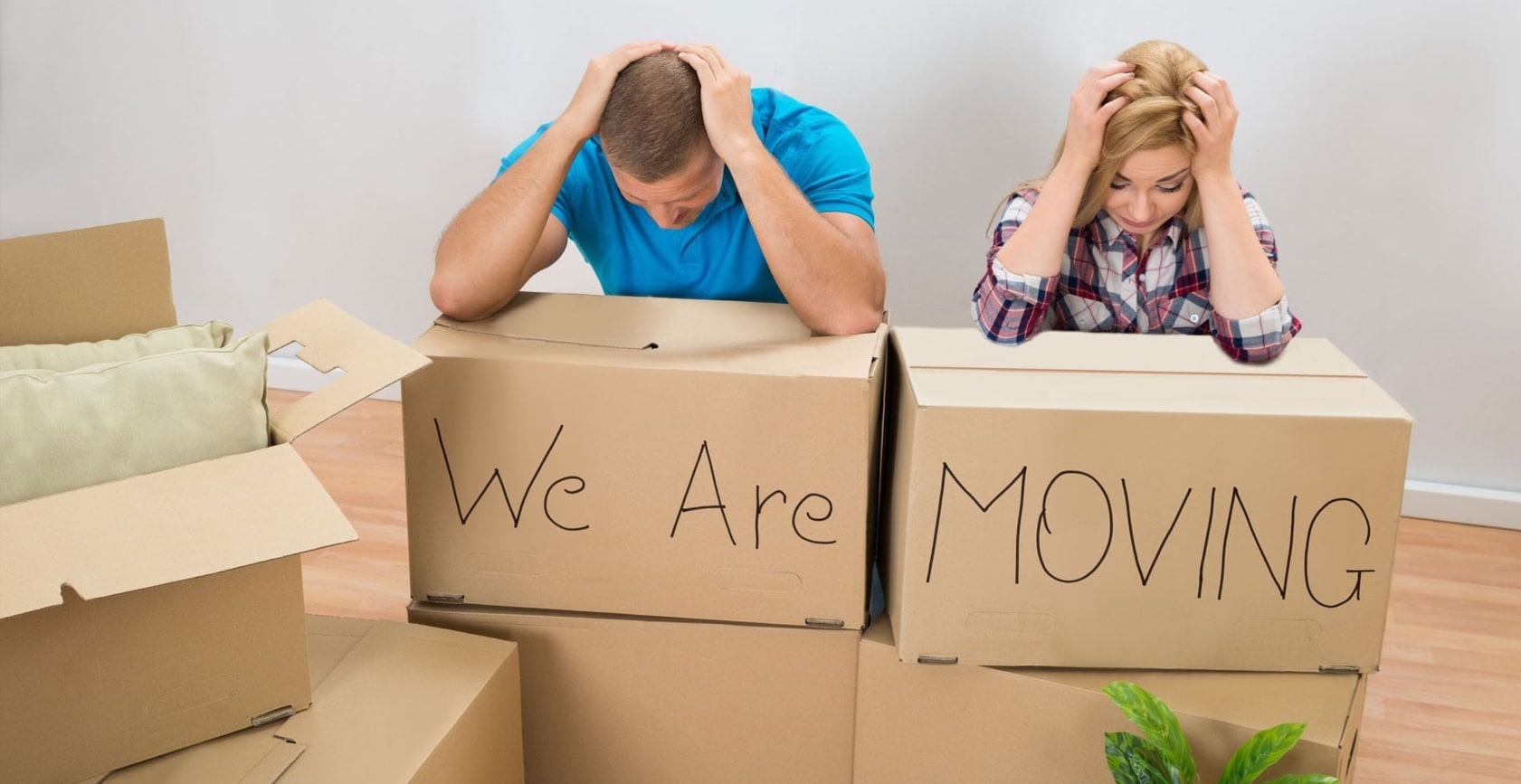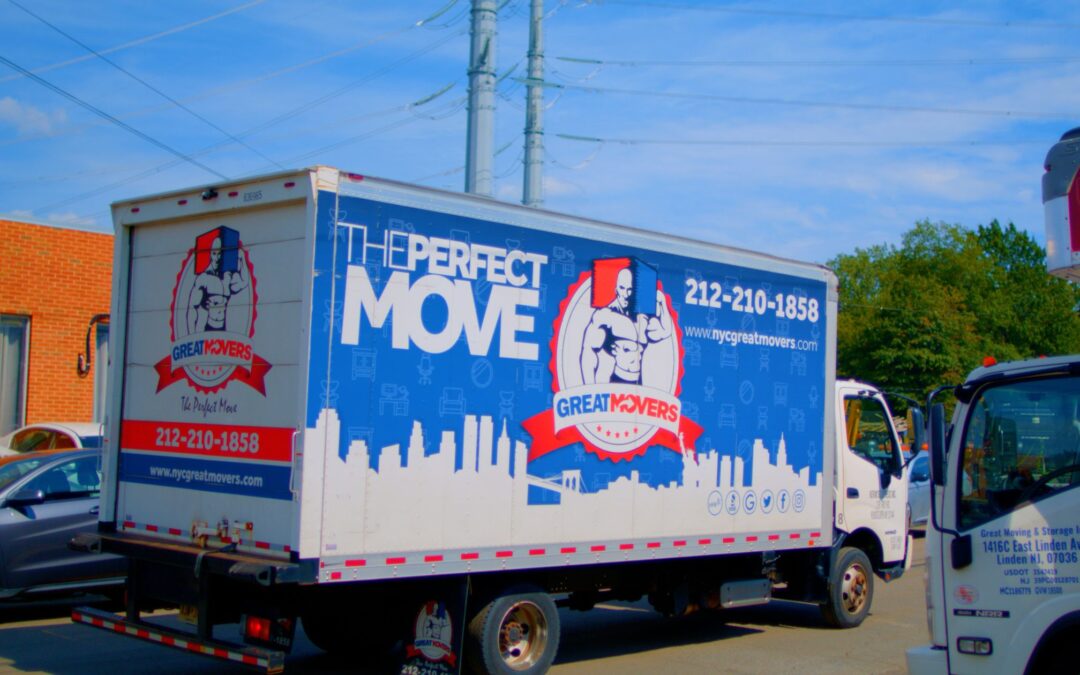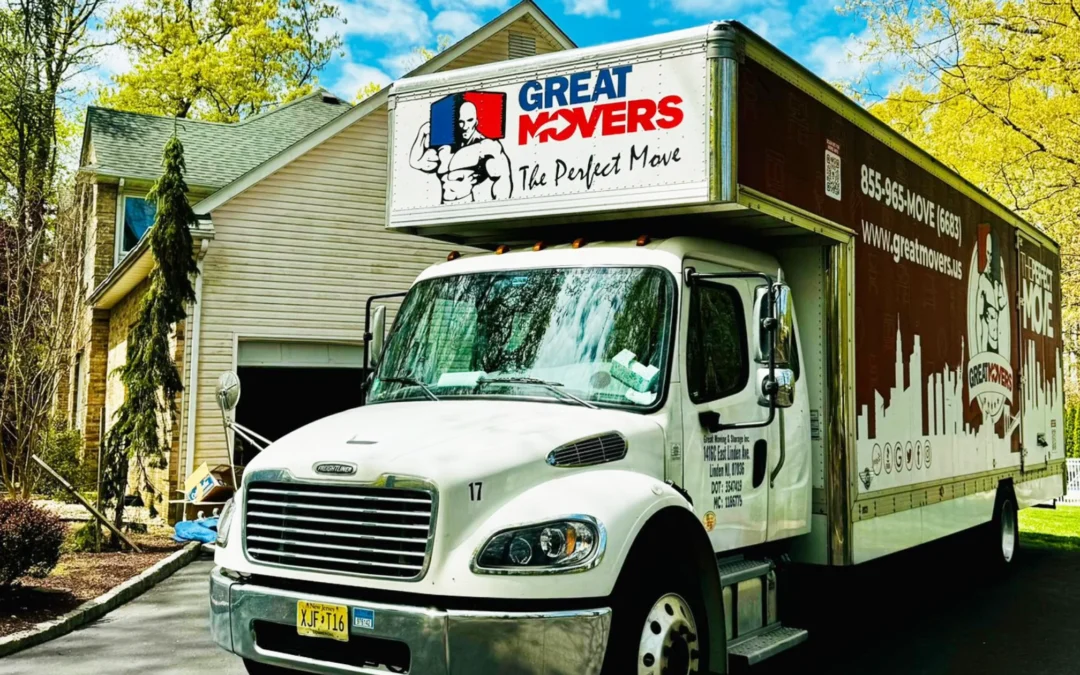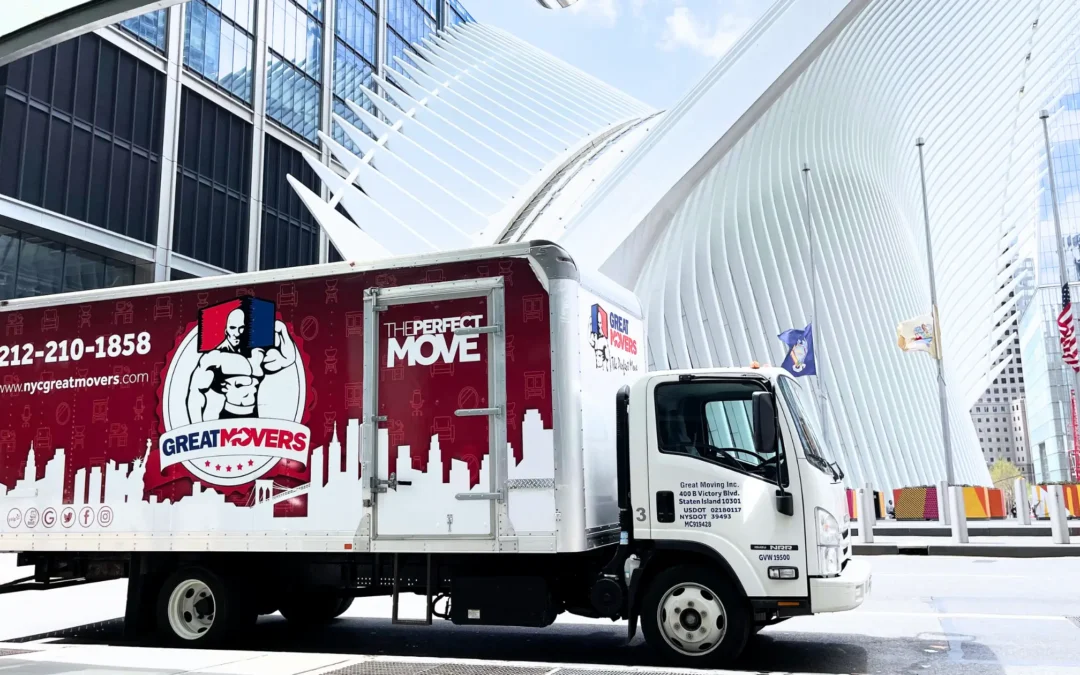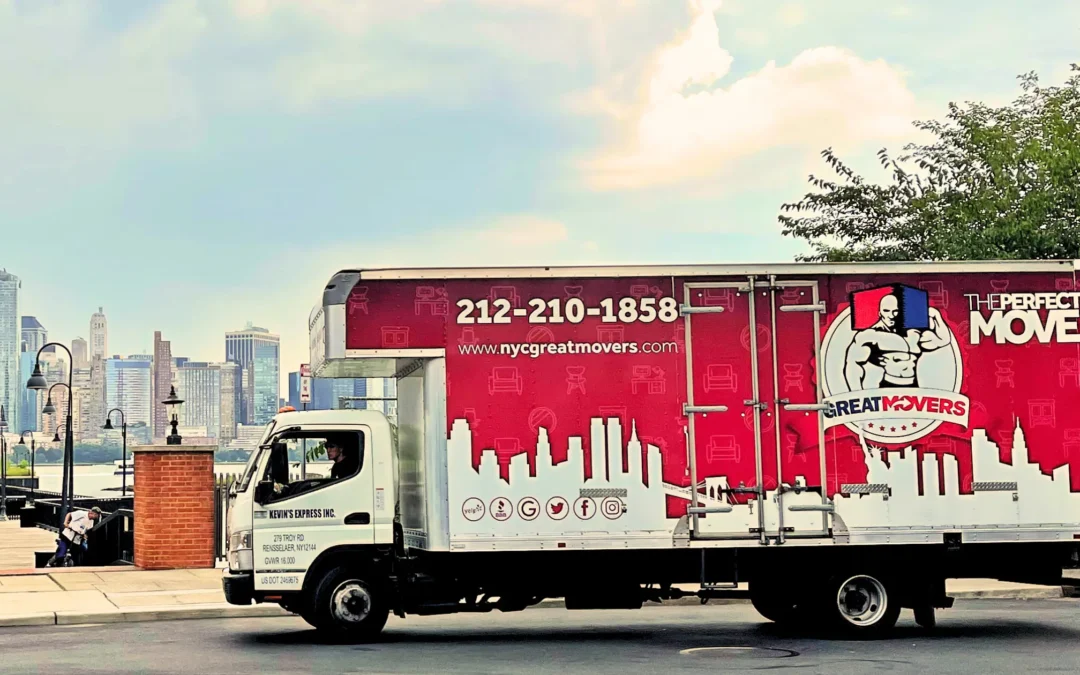The entire moving process can be both challenging and frustrating. Yet despite that, the average person moves around 11.7 times in their lifetime. Chances are you’ll probably move at least one or two more times if not more. Considering the amount of time in between moves, it’s easy to forget the necessary tasks you need to take in addition to the standard packing, preparation, and more.
It’s all too easy to get caught up in the madness that is moving. Unfortunately, that can lead to issues. Below are some of the most common mishaps that can happen and ways you can avoid them to make your next move easier.
Damaging Furniture
Just because furniture is heavy and bulky doesn’t mean it’s damage-proof. In fact, furniture damage is one of the most common moving issues. While it’s certainly more common if you are doing a DIY move, even professional movers have been known to occasionally damage furniture. Between the lifting, moving, and transporting, it’s easy to drop or hit something while you’re trying to move your furniture. And while you might be worried about scuffing your beautiful wood tables and dressers, leather furniture is also prone to damage.
Since all of these items are expensive to repair and/or replace, it’s always a downer when these get damaged, especially if you notice it after you’re already moved in. Luckily, it’s fairly easy and cheap to prevent these issues by investing in moving blankets. Unlike the blankets you have for your bed, moving blankets are specially designed to provide extra padding and protection for your furniture. You can place these on top of, around, or in between items to help reduce friction of your delicate pieces as you load them in and out of the moving trucks. Reputable moving companies will provide their own blankets and wrap up your furniture for you! This isn’t just to protect your furniture but also the walls and doorways of your new home.
Poor Planning
The longer you have lived in a location, the more planning you need to do to make sure you don’t forget anything. On the surface, the actual moving tasks might seem simple. After all, you just need to pack, load and unload the truck, and unpack, right? Well, there’s a lot more that goes into moving than just that and it’s easy to forget all of the little things. But the little things are what will leave you scrambling until the day of.
Ideally, you can start planning for your move at least a month before your move date, which should give you enough time to jot down a list of tasks you need to complete. Some common tasks include:
- Hiring child care/pet care – whether you have kids or pets you’ll want to opt for someone to help watch them throughout the moving process. You can enlist a trusted friend or family member so you can concentrate on moving as quickly and efficiently as possible.
- Decluttering – you’ve probably accumulated a lot of stuff over the years that you likely don’t really need. Take the time to go through everything you own and get rid of items you no longer use. Try to sell, donate, or give away as much as possible before you consider throwing them out. The less stuff you have, the faster the move.
- Buying packing supplies – everyone knows that you need boxes for a move, but you don’t want to forget the other supplies like tape, markers, colored labels, and bubble wrap. If you plan ahead, you might be able to ask friends, family, or even neighbors if they could spare any of these items
- Packing necessities – the last thing anyone wants to do is unpack a bunch of boxes to find their toothbrush when they’re about to go to bed in their new home. To avoid this issue, pack your necessities bag(s) ahead of time. If you’re not sure what to pack, consider what you would bring for a 3-day overnight stay in a hotel and pack those items separately.
- Switching on utilities – you definitely don’t want to be left in the dark or cold after a big move. To avoid this scenario, make sure to arrange a turn off date for your old place and turn on date for your new place beforehand. That way you’ll be able to relax in comfort once you’ve moved in.
Not Having a Packing System
It might seem a lot faster to just throw everything you own into boxes randomly, but remember that you have to also unpack and it will make that process longer if you have no idea what is in each of your boxes. Plus, just throwing your things into a box willy-nilly is a great way to break fragile items.
Even if you’re not a Type A person, it’s important to have a packing system that you can stick with. Still, there are a few things you can’t avoid doing if you want to have the best move:
- Taking inventory of everything you plan on moving – not only do professional moving companies require an inventory, it’s also a great way for you to keep track of everything. So if one of your boxes goes missing, you can immediately point out the issue to the moving crew and get the issue resolved.
- Packing by room and type – this might seem like common sense, but the best way to pack is by room. It makes it a lot easier for you and the movers when they have to unload the truck as they can place the boxes in the correct location. When it comes to type, try to pack as many of the same things together, especially when it comes to fragile items. That way, you can put the appropriate level of protection in the boxes to prevent breakage.
- Labeling boxes – some people like to color code their boxes based on rooms, type of items, and even unpacking urgency. You don’t necessarily need to get that detailed, but you should put down basic information like a general description of items in the box and what room it should go to. You should also make sure to label any boxes with fragile items and the appropriate direction the box should be placed.
Falling for a Moving Scam
The financial toll of moving scams reached over $1.5 million with nearly 50% of customers getting scammed by movers. The numbers are increasing every year as scammers get more sophisticated. It’s no surprise that people fall for moving scams. After all, the moving industry can be fairly opaque when it comes to how they work and terminology. On top of that, people tend to wait until the last minute to hire professional movers, which means they don’t leave enough time to do their research. Of course, it’s still possible to fall for a scam even if you spend the time reading reviews and asking the movers questions. Some of the most common scams include:
- Paying a deposit for movers, but they simply don’t show
- Receiving a quote from the movers based on expected weight. Come moving day, the movers will say that the load is over the expected weight and charge additional fees, which are significantly more expensive per pound. Many will hold your belongings hostage until you pay the fee.
- The most insidious is the scam where everything seems to be going well. You get the estimate, they arrive on time and load everything up. However, the truck fails to arrive at its destination and either everything you own is gone or you have to pay an exorbitant fee.
To avoid becoming the victim of a scam you should take the necessary precautions before you hire the movers. In general, scams can be easy to spot by going to their website and looking for information such as the address, phone number, and department of transportation number. If that checks out, make sure to call the company and ask some questions like what kind of estimates they provide, cancellation policy, hidden fees, and so on. Their answers should be easy to understand and professional. If they are rude and avoid answering the question, move on! Unusual requests are also a red flag so if they ask for a large deposit, it’s a good indication that they are a fraudulent business.
If they’ve gotten through the initial screening, always stress getting all the details and information in writing. That includes the contract, estimate, quote, and so on. Make sure to read the terms and conditions of the contract carefully and ask questions if the writing seems vague. Finally, keep an inventory of all of your belongings. While movers technically aren’t liable for lost or damaged contents in customer-packed boxes, if you can prove negligence on the mover’s part, you can receive reimbursement. Your standard free insurance will only cover $0.60 per dollar per pound for each damaged or lost item so spring for third-party moving insurance.
Injuries
Even if you go to the gym a lot, moving works out entirely different muscles and requires certain techniques to avoid injuries. Moving boxes might be easy, after all the trick is to lift with your legs, but what about moving heavy furniture like sofas, dressers, couches, and so on. These are injury magnets! Not only are they bulky, they are also oddly shaped and might require you to adjust positions in order to maneuver through tight hallways and doors. Do you have stairs that you will need to use? It’s all too easy to miss a step when you’re carrying big boxes! And on top of all that, if you plan on renting a truck, there are more opportunities to get in an accident as you’ll be driving a large and unfamiliar vehicle.
The best way to avoid getting hurt during your move is to hire professional movers. They will handle the loading and unloading of the truck so you don’t have to lift a finger. And since they are pros, they know exactly how to lift heavy items. Should they get injured, the moving company has insurance and workers’ compensation. However, most companies provide their moving crew with extensive safety training along with refreshers every month to make sure they stay safe.
Of course, if you don’t have the money for movers, you’ll need to go the DIY route. To lighten the load, don’t overstuff your boxes. Put heavy items like books into small boxes so the weight doesn’t add up. For furniture, enlist the help of friends or family members and invest in hand trucks or dollies. This can turn a four person job into a two person job!
Moving Soon?
Your best bet when it comes to moving is to take your time. Whether that’s packing your stuff or researching moving companies, it pays to plan ahead. And you can always avoid some of these moving issues by hiring a reputable and licensed moving company, like us!
FAQ
When should I start packing?
The earlier you start, the better. You should try to start at least a month before your move, but you can get away with two weeks beforehand.
What should I do if I think the moving company I hired are scammers?
If you’ve already put down a deposit, you probably can’t do much to get it back. You’ll have to count your losses and find another company. Make sure to report the scam company to the Better Business Bureau and leave a review online.
How do I check to make sure utilities are turned off if I am moving cross-country?
Your first goal is to find out the providers in your area. Depending on how far you’re moving your current provider might not be able to provide service to your new home, which means you won't be able to make the transfer until you move. A suggestion would be to arrive a couple of days before the movers arrive and stay at a hotel. From there you can get the utilities set up so on moving day you’ll have everything in place.
